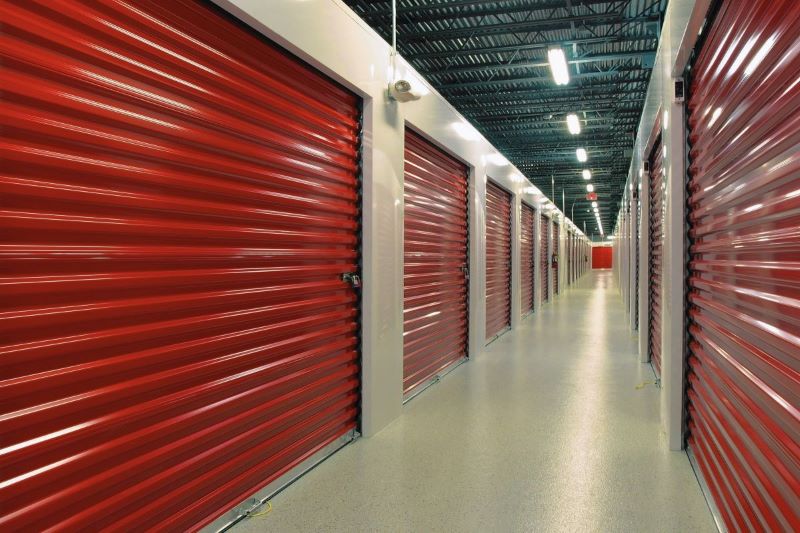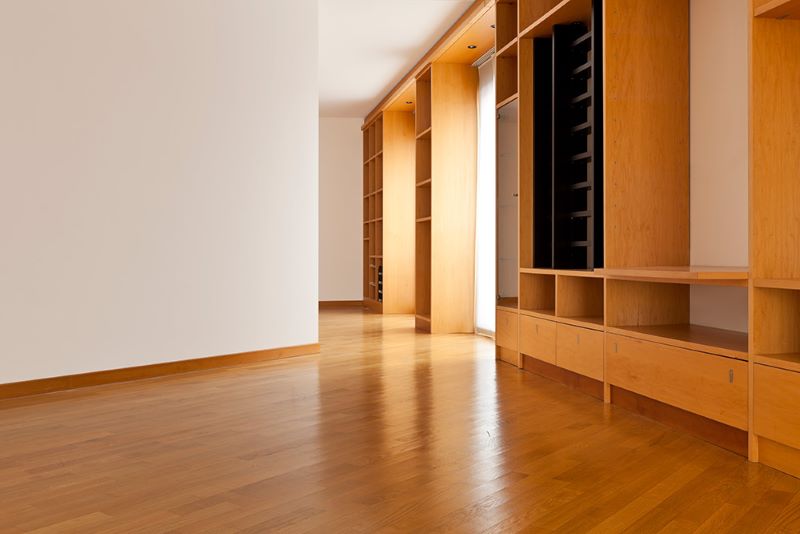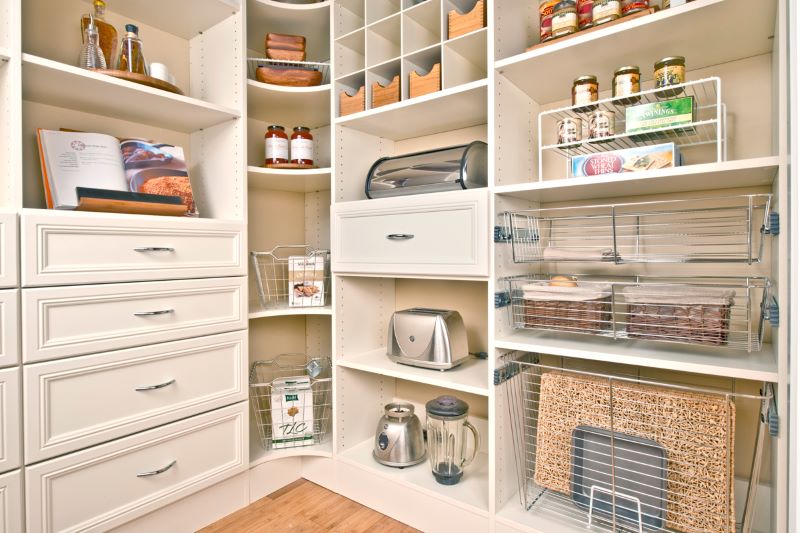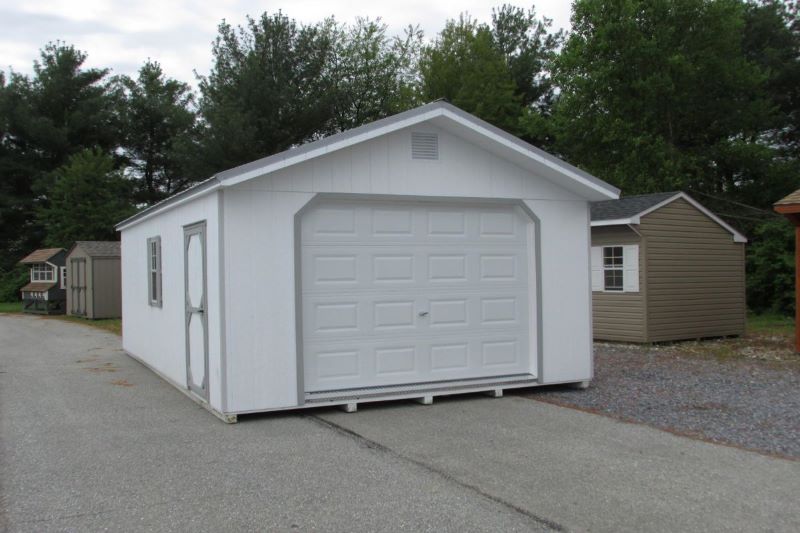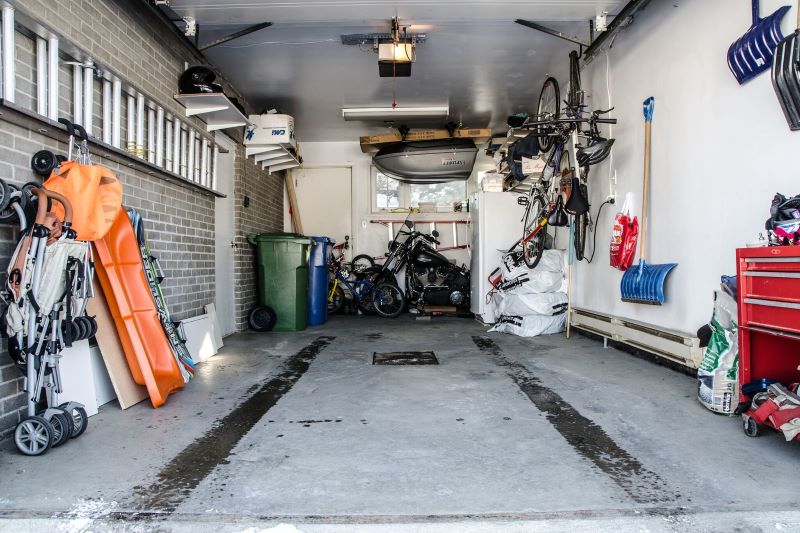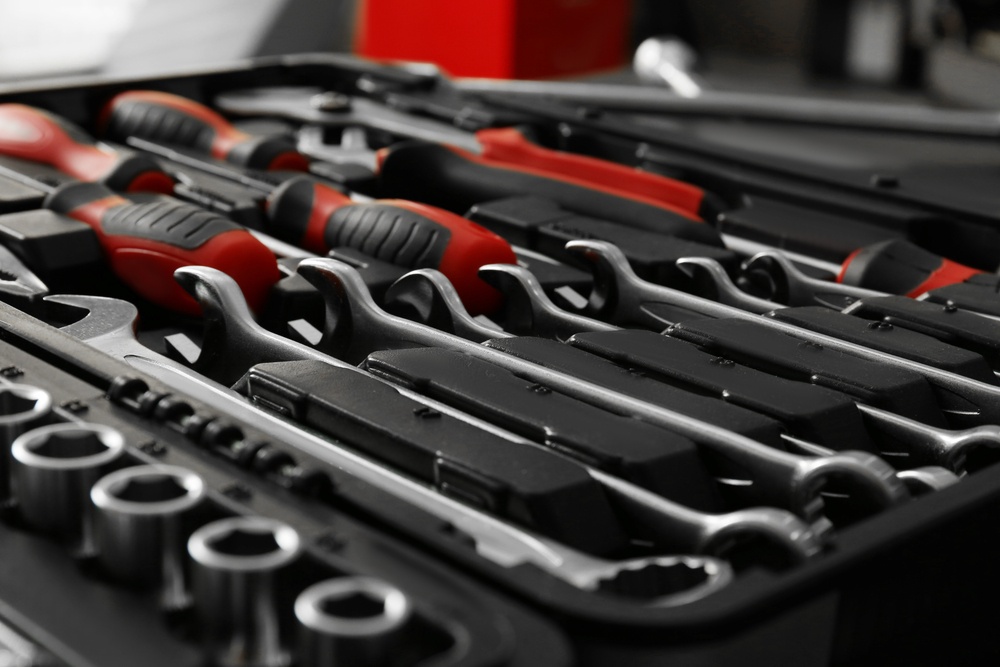Table of Contents
The storage industry in Australia has been booming for the last few years. More and more people and companies are buying or renting space to keep their belongings. You can use these containers for various purposes – to put away household items while moving or renovating a house, as a place for hobby equipment, to store business records, and so on.
Why small business owners should consider renting self-storage, find out below.
There are different types of storages for different needs. Although these containers may look the same for you, especially if you are using them for the first time, they are not. Depending on what you want to keep in them, for how long, and how important the location is to you, you need to consider several factors before signing a lease.
Know the Storage Size
The size of the warehouse is generally the one that will most affect your decision. Also, the storage space’s size will determine the rental price, and these differences in rates can be significant. That is why you should do an inventory of everything you plan to put in those units and make a calculation of how much space you will need.
You can measure larger items and calculate their volume. Keep in mind that furniture such as cabinets and shelves can be extra storage space inside the warehouse. Placing stuff in them can save you a lot of space (and money). You should pack smaller items in cartons and then measure those boxes, to know how much space they need roughly.
It is always better to rent a bit bigger warehouse than you currently need. You never know when you might need it. If you underestimate the space you need, you may be in trouble when you realize the storage is almost full, and you haven’t put even half the stuff in it.
Storage Type
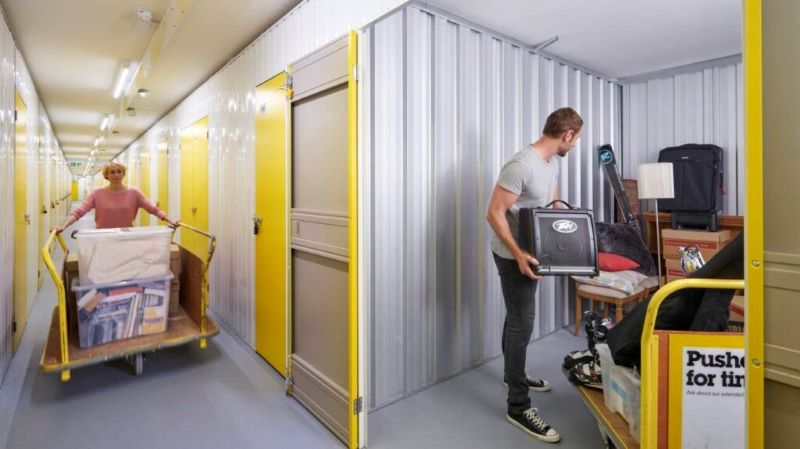
Besides size, storage spaces in Australia can also differ in how you enter them. Smaller storage units are usually inside, meaning you enter a separate building with many rooms. Outdoor warehouses are most often located in a fenced area, and you can access them from the outside.
For bigger and heavier stuff, most people will choose outdoor units because they can be accessed on foot and by car. If you need to put things away on a moving day, renting outdoor self-storage is much more convenient than an indoor unit. Movers can approach it by vehicle, which shortens the time of loading and packing things. That can bring significant savings if you pay these workers per hour.
Indoor Units Give You Peace of Mind
Indoor units are practical for storing things you often need. For example, suppose you have a hobby that you often practice. In that case, you can store the necessary equipment in an indoor warehouse and use it whenever you want. Also, you can reorganize the space whenever you want without having to think about the weather. Useful tips on organizing storage units, see here.
You will opt for an indoor warehouse if you don’t want your belongings exposed to outdoor elements. Warehouses located in facilities have a certain climate-control, which means no temperature oscillations. So there’s no moisture or mold. That is of great importance if you keep some sensitive or valuable items or documents there.
Think of the Location
Self storages are mostly found in specially equipped buildings or on particular lots. Depending on the size of these warehouses, they can be placed in any location. You can see smaller units such as lockers at bus or metro stations. Larger warehouses are mostly located outside the city center or near the main roads.
If you need space to temporarily store stuff while you move or renovate your home, choose locations that you can easily access by vehicle. In case you need to put away some things you often use, try to find warehouse close to your house. Also, valuables should not be kept in remote outdoor units due to a higher risk of burglary or damage.
Ask for Insurance
Every responsible owner will consider insuring things they leave out of their reach. Most warehouses are under video surveillance and equipped with top-notch security systems. Still, there is always a risk that something can happen to your belongings.
Reputable storage companies usually offer their tenants to pay insurance for stuff in warehouses. Storage providers that don’t offer insurance as part of their services usually suggest their clients buy a policy. These companies often cooperate with third-party vendors to provide insurance for rented storage units.
Without insurance, you risk paying for any damage that happens to your belongings. Rotting furniture due to moisture, destroying documents due to pests, or stealing due to poorly secured space are just some of the situations that can happen. Having a policy spares you of extra costs because the company (or their insurer) will pay compensation for the damage.
Lurk Special Offers
As you go through all of the above steps, you should research the offers of available warehouses in parallel. You need to lurk for affordable prices, as you can always come across good deals or discounts. If you need a warehouse for a longer period, you should negotiate with companies and ask for a better offer.
In most companies, you can get a discount if you rent the warehouse for more than a year. You can also find the cheapest storage and significant discounts if you do the online search. There are often promotional periods when companies offer unique benefits to their prospective clients, such as one month without paying rent, free transportation of their belongings, gift cards, and so on.
When in need of temporary storage of your stuff or you need to put them away for a long time, renting a warehouse is a good move. You will have peace of mind for the price you pay because your belongings will be safe, protected from the weather, and insured against possible damage.
